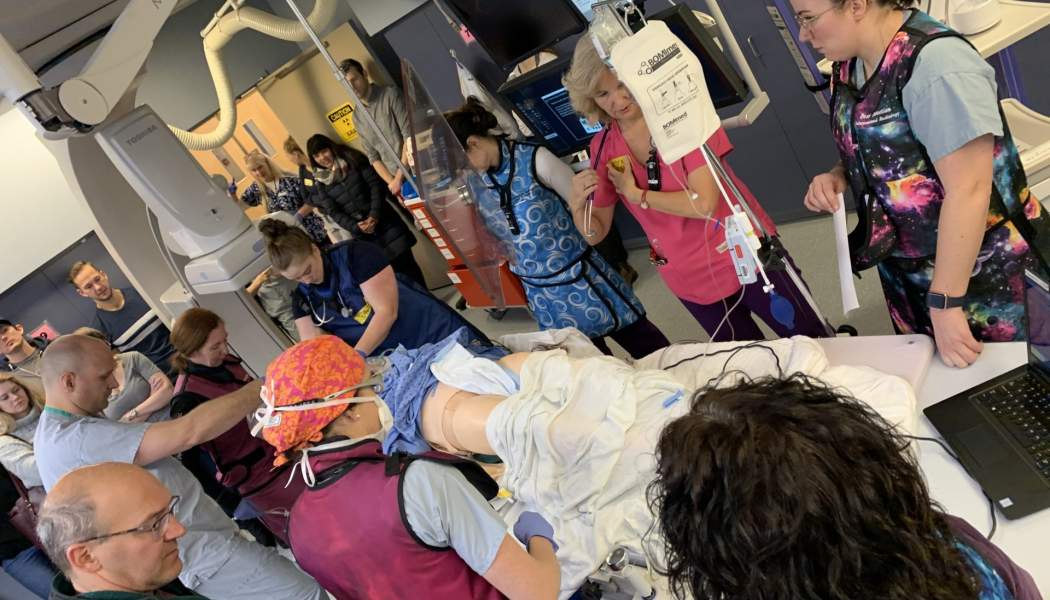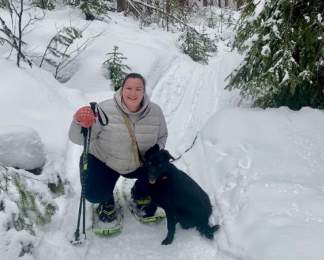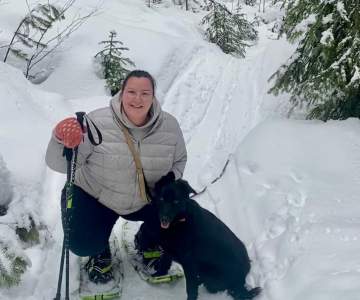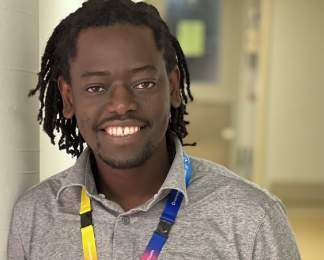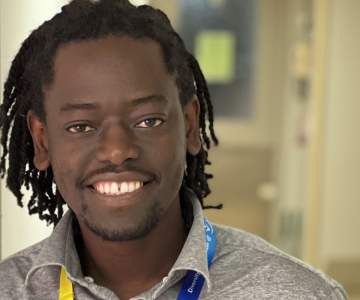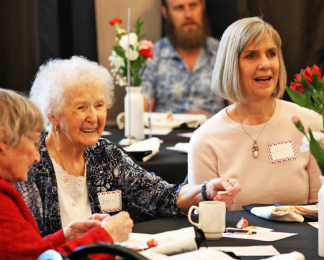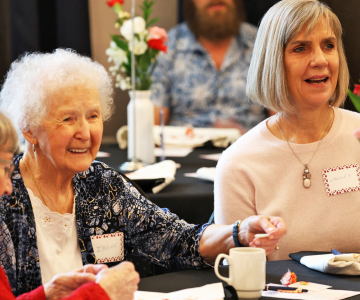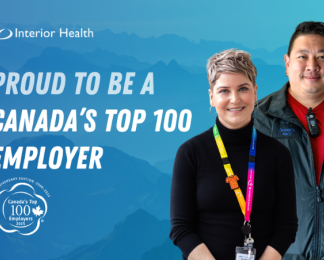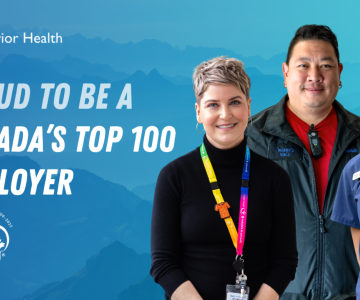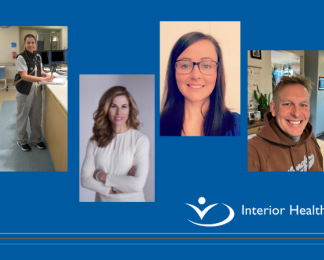Ever wonder what goes into caring for a person who arrives at the emergency department with a serious and time-sensitive medical condition? The answer is a lot of heart, expertise, and a great deal of practice.
One way doctors and nurses at Kelowna General Hospital get the opportunity to practice and build their skills is through simulation.
Simulation (or SIM if you want to sound tech-savvy) is an imitation of a situation or process where real life emergency situations are played out with care-givers responding in the best way they know how. It is a powerful tool, and one that’s particularly effective in health care.
“SIM enables us to practice working together as a team, learn or practice procedures, test new treatment pathways, and even test new buildings and clinical spaces prior to opening them to the public so that we can discover any safety concerns and rectify them beforehand,” says Dr. Jared Baylis, an emergency physician at Kelowna General Hospital.
A monthly simulation program for the emergency department has been ongoing at KGH for the last five years. Life-size simulated patients are used in a variety of real-world scenarios, allowing staff and physicians to gather valuable experience in a safe setting.
“We recently completed our first multi-phase simulation at the hospital where we started in one section of the hospital and finished in another,” says Jared. “It was an opportunity to test our latest treatment plan for people who have suffered a stroke. As part of the SIM, we had a patient (even the patient was simulated) start out in the emergency department, presenting with stroke-like symptoms. We went through the process of this person moving to the radiology department for a treatment called endovascular therapy, where the blood clot causing their stroke is removed using a clot retrieval device.”
It’s these kind of scenarios that allow care-givers to respond in real time before they can go back and evaluate the response of the team and identify any issues moving forward.
“Regular simulations help us improve patient care,” says Jared. “They increase our team communication skills, help us identify safety concerns, and help us ensure we have the right equipment in the room, before we need it.”

